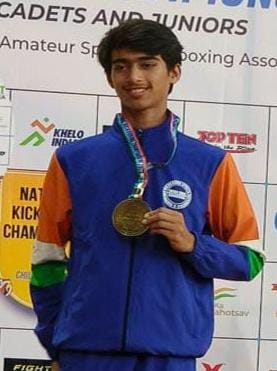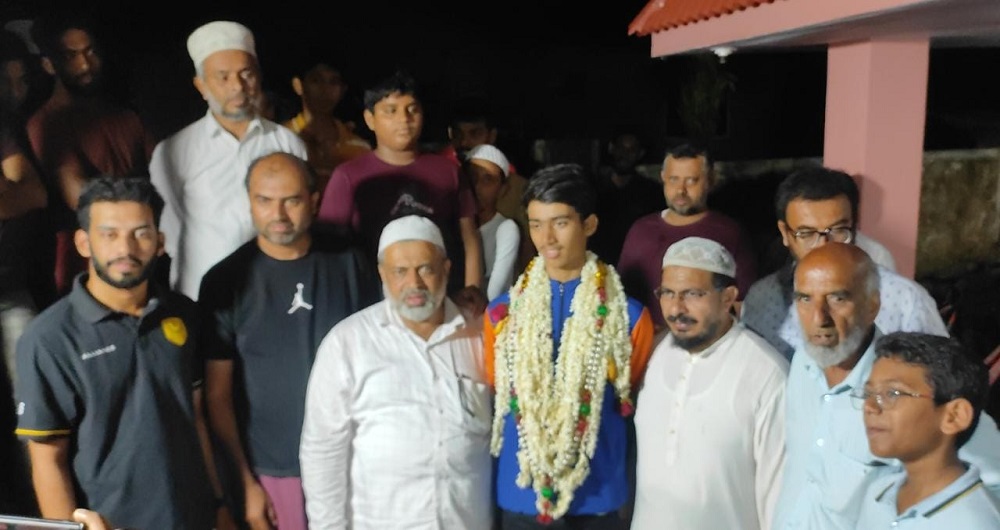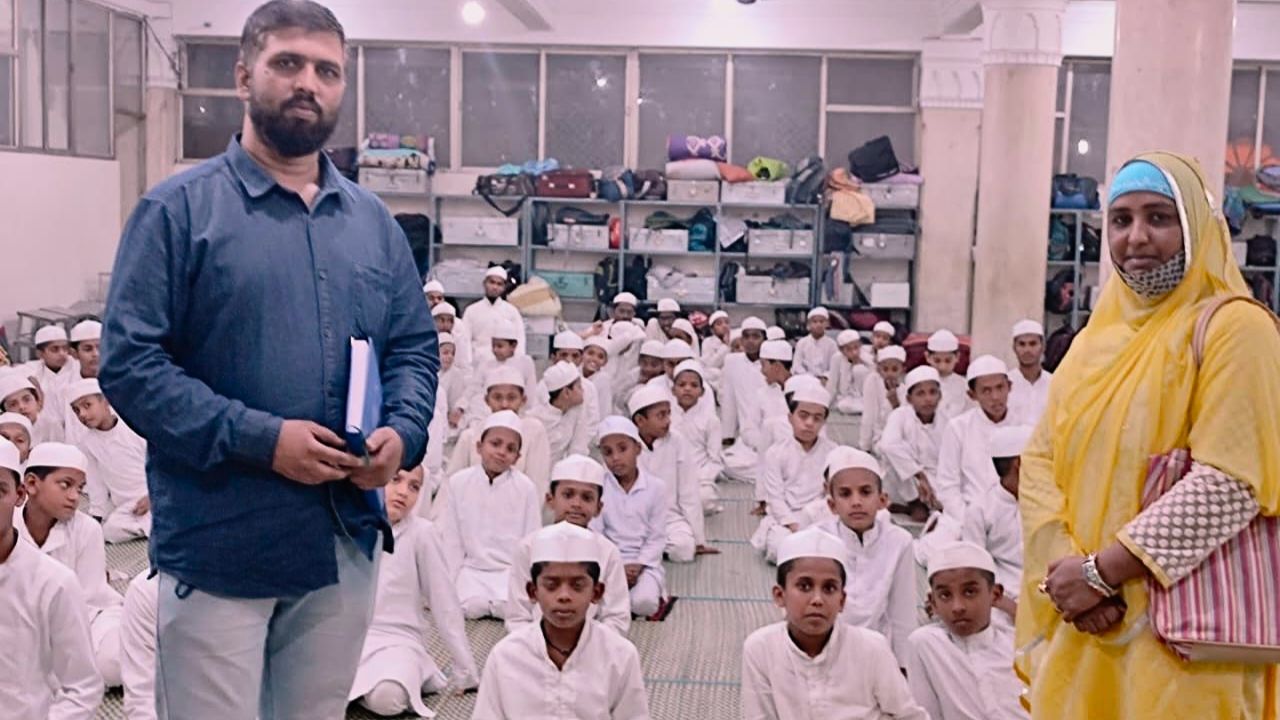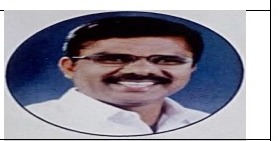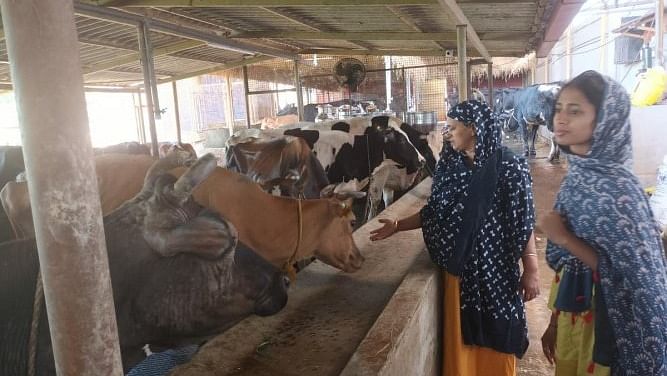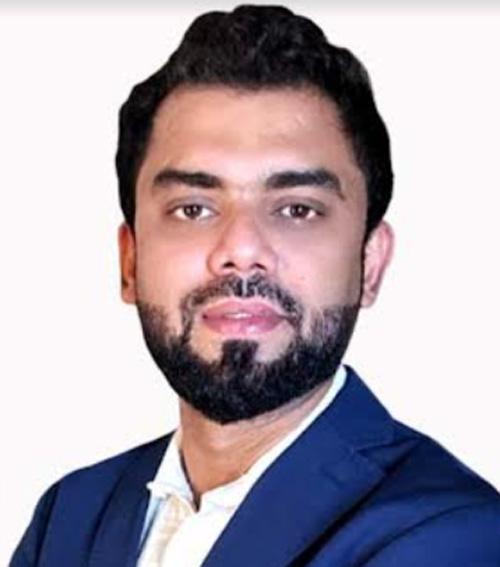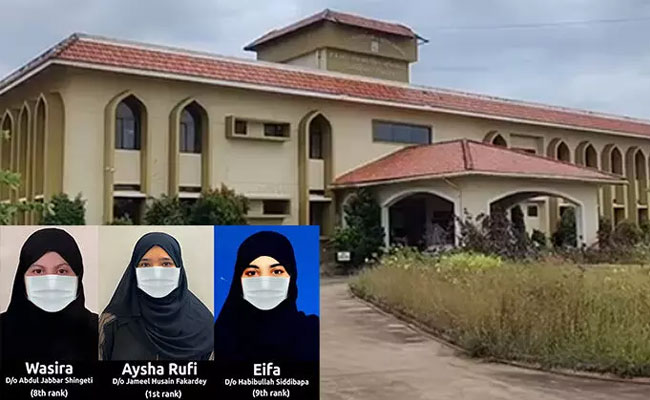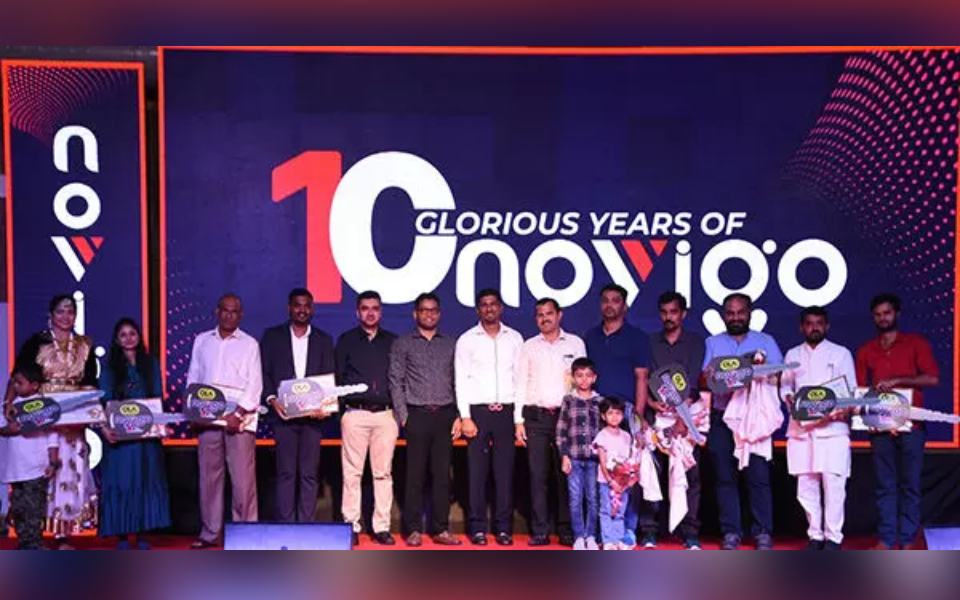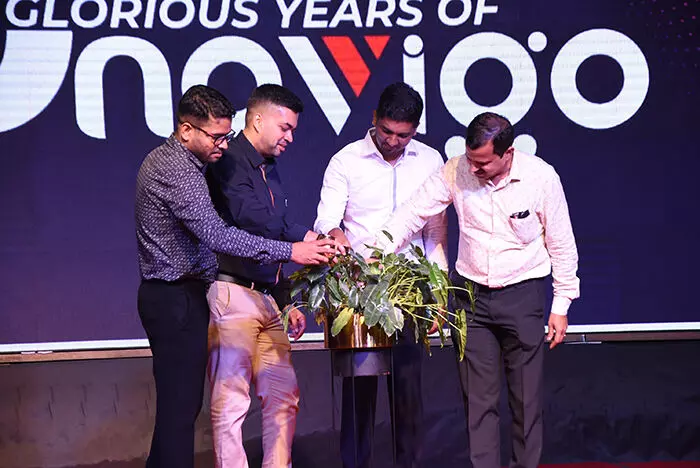Bhatkal, KARNATAKA:
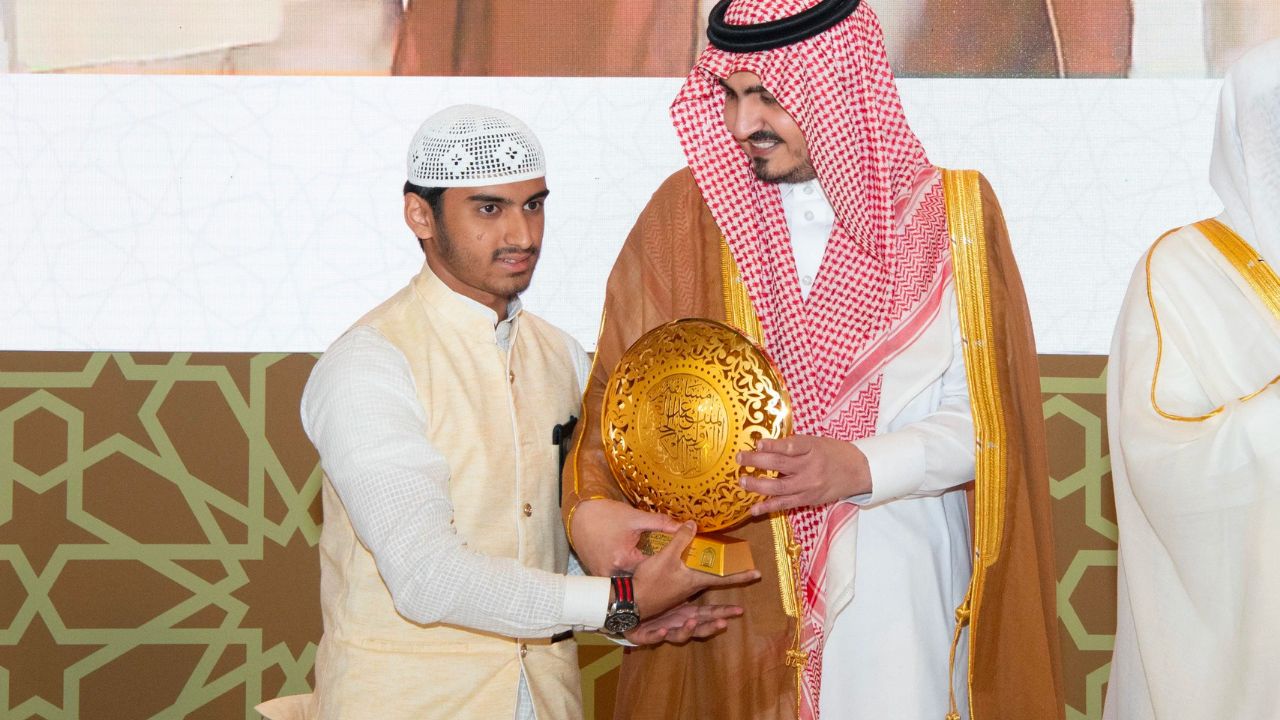
Ibrahim Shahbandari, hailing from Bhatkal, Karnataka, achieved an outstanding second place in the fifth category of the 43rd King Abdulaziz International Competition for Memorization, Recitation, and Interpretation of the Holy Qur’an.
The event, held at the Grand Mosque in Makkah, Saudi Arabia, featured 166 contestants representing 117 countries across all five categories, with a total prize pool of SAR4,000,000.
In the first category, Ayoub bin Abdulaziz Al-Wahibi from the Kingdom of Saudi Arabia secured first place and received a prize of SAR500,000. Saad bin Saadi Sleim from Algeria came in second place, earning SAR450,000, while Abu Al-Hasan Hassan Najm from Chad achieved the third position, receiving a prize of SAR400,000.
In the second category, Ammar bin Salem Al-Shahri from the Kingdom of Saudi Arabia claimed the first position and was awarded a prize of SAR300,000. Mohammed bin Adnan Al-Omari from Bahrain secured second place, receiving a prize of SAR275,000. The third position went to Abdulaziz bin Malik Atli from Syria, who received a prize of SAR250,000.
In the third category, the winners include Mohammed bin Ibrahim Mohammed from Somalia, who clinched first place and received a prize of SAR200,000. Second place went to Shuaib bin Mohammed Hassan from Sweden, who was awarded SAR190,000 while Faisal Ahmed from Bangladesh secured the third position, earning SAR180,000 Saudi Riyals, and Mohammed Mufid Al-Azza from Indonesia claimed the fourth spot and received SAR170,000. Siraj Al-Din Muammar Kandi from Libya rounded off the top five, receiving a prize of SAR160,000.
Regarding the fourth category, the winners are as follows: Mohammed Ghai from Senegal secured the top position, earning a prize of SAR150,000. Hatem Abdulhamid Falah from Libya claimed the second spot, receiving an award of SAR140,000, and Yassin Abdulrahman from Uganda achieved the third position, with a prize of SAR130,000. Mashfiqur Rahman from Bangladesh attained the fourth position and was granted SAR120,000 while rounding off the top five, Abdulkader Yousef Mohammed from Somalia received a prize of SAR110,000.
As for the fifth category, Elias Abdou from the country of Larionion secured the first position, earning a prize of SAR65,000 while the second place went to Ibrahim Shahbandari from India who was awarded SAR60,000. Marwan bin Shalal from the Netherlands achieved the third position, receiving SAR55,000, and Mustafa Sinnanovic from Bosnia and Herzegovina attained the fourth position and received SAR50,000. Lastly, Hassib Amrullah from North Macedonia took fifth place, earning a prize of SAR45,000.
Before earning recognition at the 43rd King Abdulaziz International Competition of Holy Quran, Ibrahim Shahbandri showcased his remarkable talents on a global stage in July 2016. At just eight years old, Ibrahim was awarded the prestigious title of “Preacher of the Nation” in an Arabic religious sermon contest held in the United Arab Emirates (UAE).
Ibrahim’s astonishing oratory skills astounded both the predominantly Arabic-speaking audience and judges as he outshone more than 70 contestants to clinch this coveted title. The contest was an integral part of the 13th annual Ramadan Forum, hosted by Dubai’s Department of Tourism and Commerce Marketing (DTCM), under the patronage of Sheikh Ahmed bin Mohammed bin Rashid Al Maktoum, chairman of the Mohammed Bin Rashid Al Maktoum Foundation.
source:http://www.thecognate.com / The Cognate / Home> News / by The Cognate News Desk / September 07th, 2023

